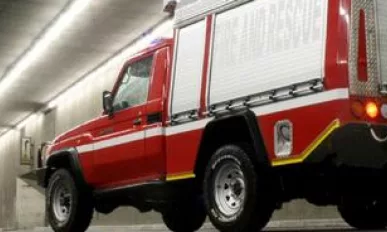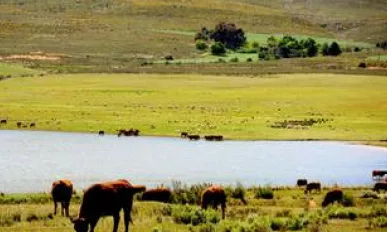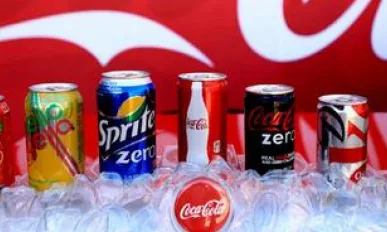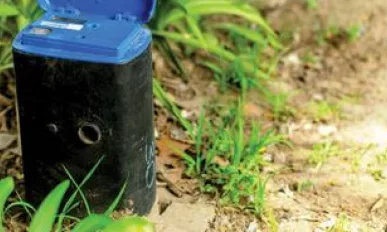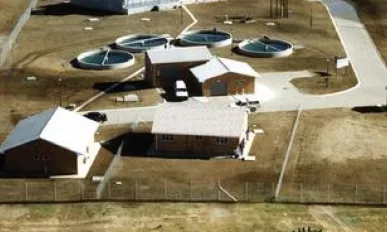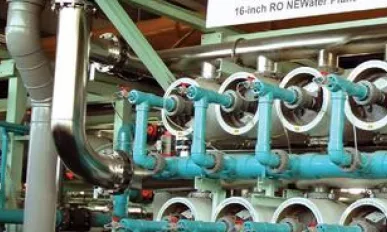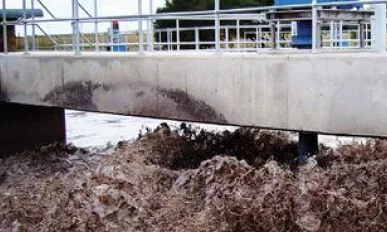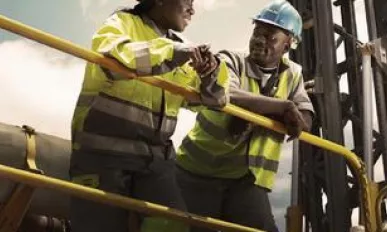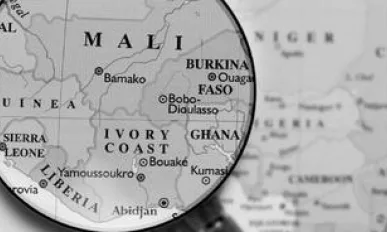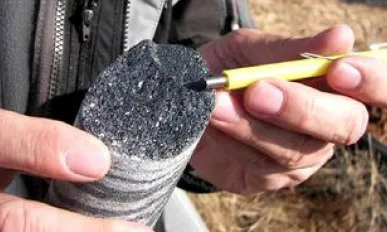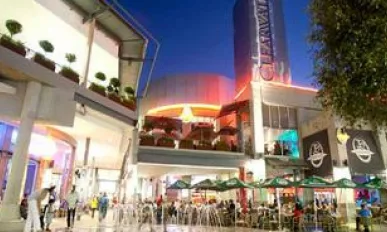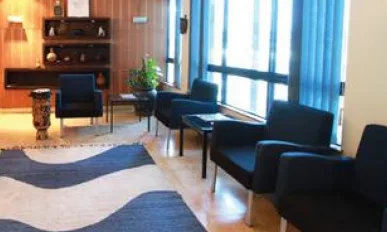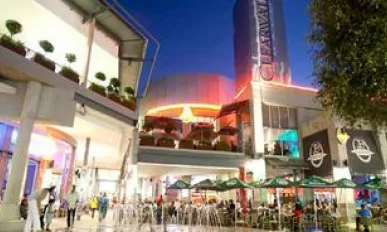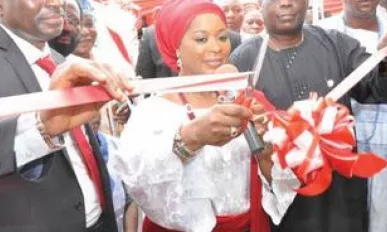Issue 06
Marcé Fire Fighting Technology
South Africa-based Marcé Fire Fighting Technology is changing the face of the fire fighting industry.
De Keur Estate : Fruits of Love
De Keur Estate (Pty) Ltd is a long established family run agricultural business, producing first class agricultural produce and high quality customer service since 1934.
Coca-Cola Sabco Mozambique : The Untouchables
Despite its huge share of Mozambique’s carbonated drinks market, Coca-Cola Sabco Mozambique remains thirsty for growth.
T-Systems Healthcare : A Healthy Business
T-Systems are part of a multinational company that spans the globe. However that doesn’t stop them paying attention to the details when working with local communities in South Africa.
Lesira-Teq : Intelligent Water Metering
Lesira-Teq sells and supports intelligent metering technology and equipment in South Africa.
Amanz’ Abantu Services : Water for the People
Amanz’ abantu Services was established as a private South African company in 1997 with the aim of providing water supply and sanitation services for peri-urban and rural populations in the Eastern Cape, one of the poorest regions of South Africa.
NuWater : Leading the Way with Water
Nuwater is a specialist provider of solutions and services for the treatment, reclamation and re-use of wastewater as well as the desalination of sea and brackish water.
S.A.M.E Water : Water Works
S.A.M.E Water, formed in September 1966, has had a “successful range” of wastewater treatment equipment “designed to fulfil an entire spectrum of needs from the most basic to the most sophisticated equipment available,” according to managing director Frank Schulz.
Afroteq FM Solutions : Specialist in the Built Environment
We talk to Lydia Hendricks, Director of Afroteq FM Solutions, about specialising in full turnkey management solutions and the importance of Facilities Management services in South Africa.
Atlas Copco : Africa’s Leading Mining Supplier
Inside Swedish mining and construction equipment manufacturer Atlas Copco, one of the continent’s leading mining equipment and services suppliers.
Octea Diamond Group : Exploring Sierra Leone
Sierra Leone diamond company the Octea Diamond Group owns two mining leases: the Koidu Kimberlite Project and the Tonguma Project.
Lodestone Namibia : The Newest Iron Ore Mine in Namibia
Africa Outlook discusses the challenges and opportunities of opening a new iron ore mine in Namibia with the CEO and CFO of Lodestone Namibia.
Hyprop Investments : Africa Beckons
Hyprop Investments is South Africa’s largest listed retail property fund and it recently co-invested a 37.5 percent in Atterbury Africa, which develops and owns quality shopping centres in Africa.
Zep-Re : Towards a Better Future
Africa Outlook profiles ZEP-RE (PTA Reinsurance Company), a specialised institution of COMESA and a regional reinsurance player in Africa.
Interswitch : Nigeria’s Transition to a Cashless Economy
The group managing Director and Chief Executive Officer of Interswitch, Mitchell Elegbe, is the founder of Nigeria’s first electronic payments system and the leading figure in its move from a largely cash economy to embracing online payment facilities.
Airtel Nigeria : Taking a Megabyte out of the Competition
Airtel Nigeria is redefining the data experience and is reaping the rewards – including a 92 percent increase in its internet customer base.



